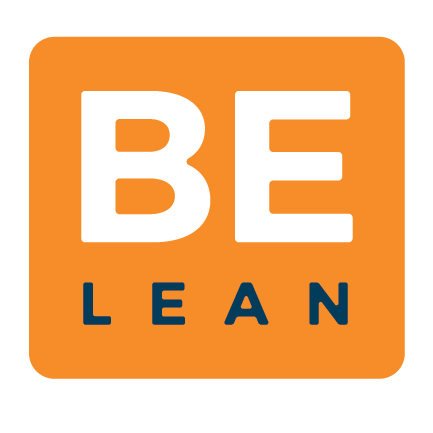Is the Entrepreneurial Dream Wasting Millennial Talent?
America has a love affair with entrepreneurs. We idealize successful icons like Steve Jobs, Bill Gates, and Elon Musk, and we tune in to shows like Shark Tank and The Profit to watch people just like us try to achieve their own success. It’s not hard to see why. Entrepreneurship represents the very essence of the American dream. Entrepreneurs are literally able to take their dreams and turn them into reality. But is this vision of entrepreneurship an accurate representation, or is it simply the picture we want to see?
For as long as I can remember, I’ve always had an admiration for business owners and entrepreneurs. Perhaps because I grew up with a father that owned a business. Perhaps it was the influence of society who puts successful businessmen and women on pedestals. Or perhaps it was because people told me growing up that I would become an entrepreneur even before I saw the potential in myself. Those all may be the impetus, but as I progressed through my educational and professional careers, my appreciation grew much deeper.
We admire entrepreneurs because they represent some of the very traits we aspire to see in ourselves. For me, those include passion, ingenuity, spirit, and a ton of courage. People who start their own businesses often sacrifice higher earnings and job security in order to pursue their passion and forge their own path. It’s a community I’ve been missing ever since my first business, weBike, closed shop back in 2012.
Stepping through the doors of Impact Hub DC this week felt like a re-entry back into the vision I once had but never fully realized. Yet something felt slightly different this time around. At my last job in the energy efficiency industry, we always joked that once you become an energy auditor, you can never look at a house the same way again. Most things that people never notice — the efficiency of lights in a house, the places where air leaks exist, the clearance of combustible materials around a flue pipe — can’t shake our focus.
Re-entering the DC entrepreneurial world felt just like visiting a familiar house after gaining the lenses of an energy auditor. What I once viewed as this idealistic world of my generation’s best and brightest looked so much realer to me. Before, I only saw the stories these people projected; the visions of the change they sought to make in the world. But living through the grind of two failed startups over 10 years has given me the perspective that behind the curtain of these projections of success lies more mess and more waste than people are talking about.
The reality is, most businesses fail. In fact, while I haven’t found any specific research on this, I don’t think it’s a stretch to hypothesize that the failure rates among more innovative, creative, high-tech, and growth-oriented companies are even higher than more traditional small business startups.
This means that businesses that are started by and attract the very best talent are those most likely to fail.
This drives me crazy, and I can’t stopping thinking about the implication. All these incredible, creative, passionate, innovative people don’t get to contribute their fullest potential to the world. What a waste of talent!
So why does this happen? Forbes and countless others will point to companies losing sight of the true needs of their customers, or lack of true novelty and differentiation in the market. These reasons are all true, but there’s an underlying thread. And that’s the simple fact that most people who start businesses are good at what their business does, but are bad at how to run and grow their business. Whether it’s a freelance writer at Impact Hub passionate about social justice or a brilliant techie convinced she’s going to set the world on fire, the sad truth is, most never crack the code of how to manifest their ideas into the world in a sustainable way.
Co-working spaces are an incredible thing. Whereas technology allows us to be more connected and flexible in the virtual world, these spaces do the same thing for our physical world. These trends among others are lowering the barriers to entry for people, particularly millennials, to start their own businesses and carve their own paths in the world. This undoubtedly is a trend that will reshape the way people work in the future. And as exciting as that future is, it’s also a future with more and more people taking the plunge and risking it all for a piece of the entrepreneurial dream. If we’re not careful, it could mean the wasted talent of the brightest of our generation.
That’s what gets me out of bed in the morning. There are problems that if solved can unlock the potential of amazing talent! Whether those are the lack of business know-how in bright young idealists, or the misaligned incentives of venture capital and sustainable growth practices, or the lack of systems and communities that help connect people and resources while filtering out the noise, these are the challenges this energy auditor turned entrepreneur will explore as my journey back into the DC entrepreneurship continues!
Because businesses should live or die based on the merits of their ideas, and not because of executional shortcomings.
